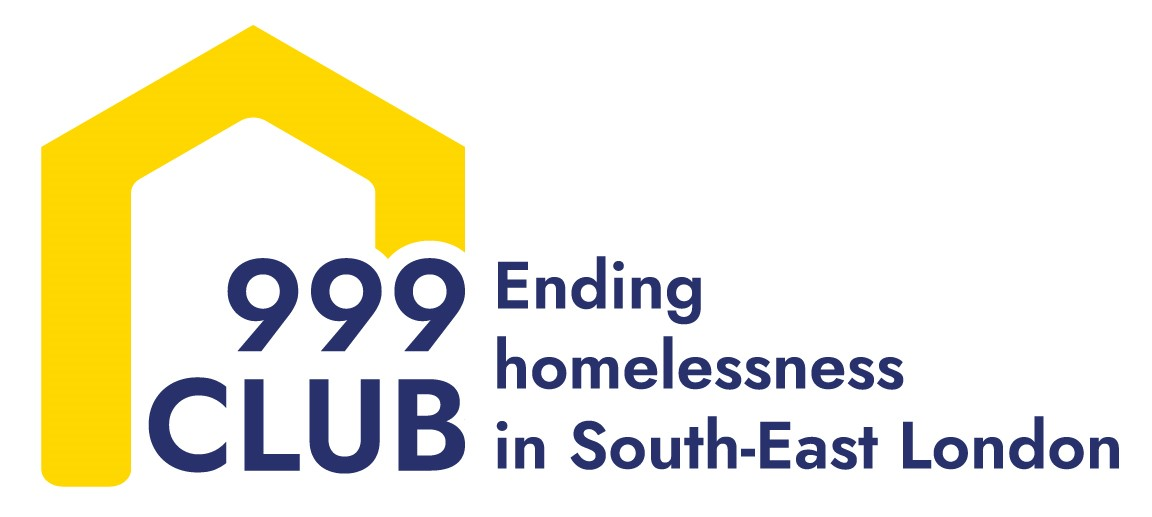In early April 1958, a 32 year old academic called Clifford Geertz arrived in a Balinese village with his wife to undertake research. Sadly for him, they were largely ignored by the villagers being seen as “intruders, professional ones,” as Geertz wrote. The landlord and village chief were the only people that would speak with them.
Ten days after their arrival, bored and restless, the couple went to their first ever cockfight. Cockfights were illegal in Indonesia and were normally held in out of the way areas, unless someone could be bribed.
The fight that Geertz went to was not out of the way. It was in a public square for all to see. Perhaps someone hadn’t bribed the right people or perhaps it was just a bit too blatant. Either way, the fight was raided by the police, and the crowd rushed away in a panic.
Geertz and his wife fled with the crowd and hid from the police in a local man’s courtyard. They were shocked when the man, who they had only known for 5 minutes, lied to the police telling them that Geertz and his wife had not been at the fight but instead had been engaged in ethnographic research, talking to the man and his family about their culture.
The next day it was like they had woken up in a completely different village. Whereas before the cockfight Geertz could barely get a word out of people, now they were talking to him like they were lifelong friends. People opened up, teased, laughed and talked about their experiences and views.
Why the change? Geertz explained that “…everyone was extremely pleased and even more surprised that we had not simply ‘pulled out our papers’ (they knew about those too) and asserted our Distinguished Visitor status, but had instead demonstrated our solidarity with what were now our covillagers. It was the turning point so far as our relationship to the community was concerned, and we were quite literally ‘in.'”
What does this tell us about services that support people experiencing homelessness?
Firstly, it’s hard to build rapport.
It’s hard to build trusting relationships especially when you’re working with people that have had bad experiences of services or authority figures, who live very different lives to yours, with very different backgrounds and upbringing to yours.
But however hard it is, it’s not the end of the work. It’s the beginning of the work. Geertz did not stop at the point that the villagers opened up to him and congratulate himself on a job well done. In fact, it was at this point that he could finally start to do his work. He lived in the village for a year and completed research that would go on to make his name in academia.
999 Club is not a befriending charity. We do not employ staff and recruit volunteers to befriend people experiencing homelessness.
Our aim is to support people experiencing homelessness to escape homelessness. To find a permanent place to live and to make it their home. This is only possible if we can build rapport and trusting relationships with people. Without this rapport and trust, we simply cannot support people to navigate their journey to finding their own place.
That’s why we provide food and Wi-Fi and showers and laundry and a place away from the elements. These things are good to provide in themselves, and there are charities that provide these and consider their job done. For us at 999 Club, these things are just the beginning. They help to start a conversation but they’re not the end of the story.

